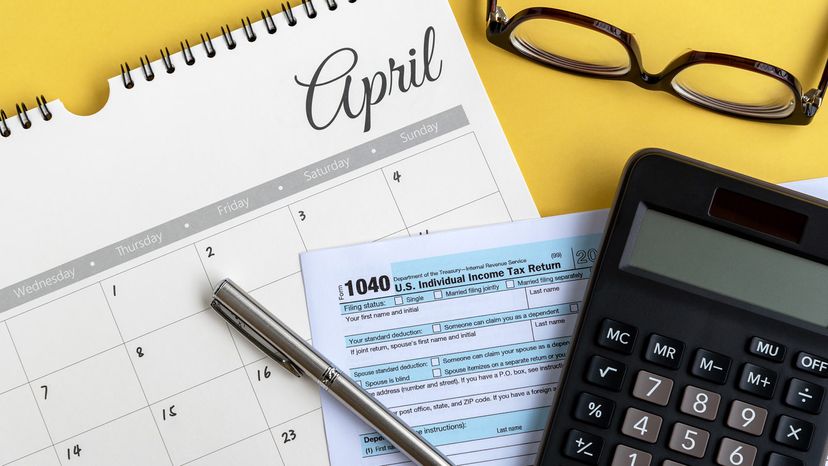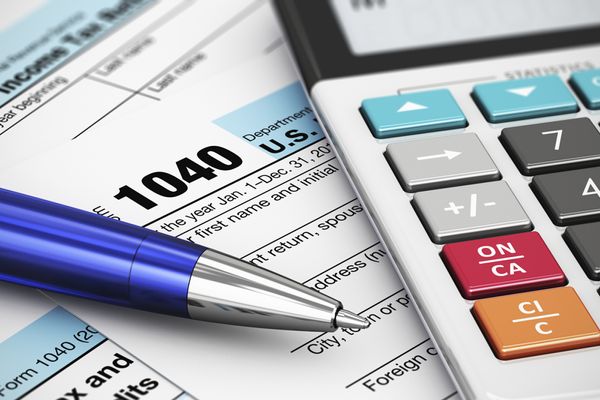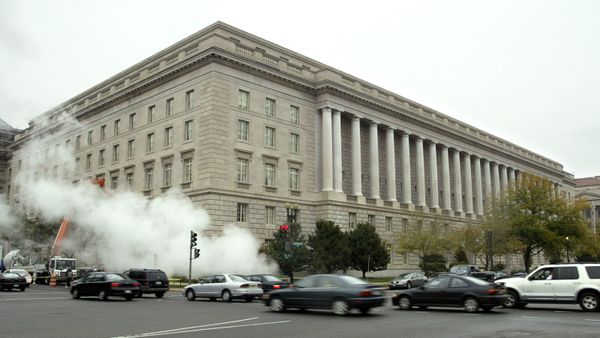
We may associate April 15 with the stress and scrambling that comes with knowing that taxes are due, but Tax Day hasn't always landed on that particular date.
In fact, there was no such thing as Tax Day in the U.S. before 1913. That was the year that Congress and a three-fourths majority of the states passed the 16th amendment to the Constitution, giving the federal government power to collect income tax on all U.S. citizens.
Advertisement
Prior to 1913, the only time the government collected income tax was during the Civil War, when President Abraham Lincoln appointed a commissioner of Internal Revenue to help fund the ongoing war effort, but the tax was repealed soon after the war ended [source: Internal Revenue Service].


